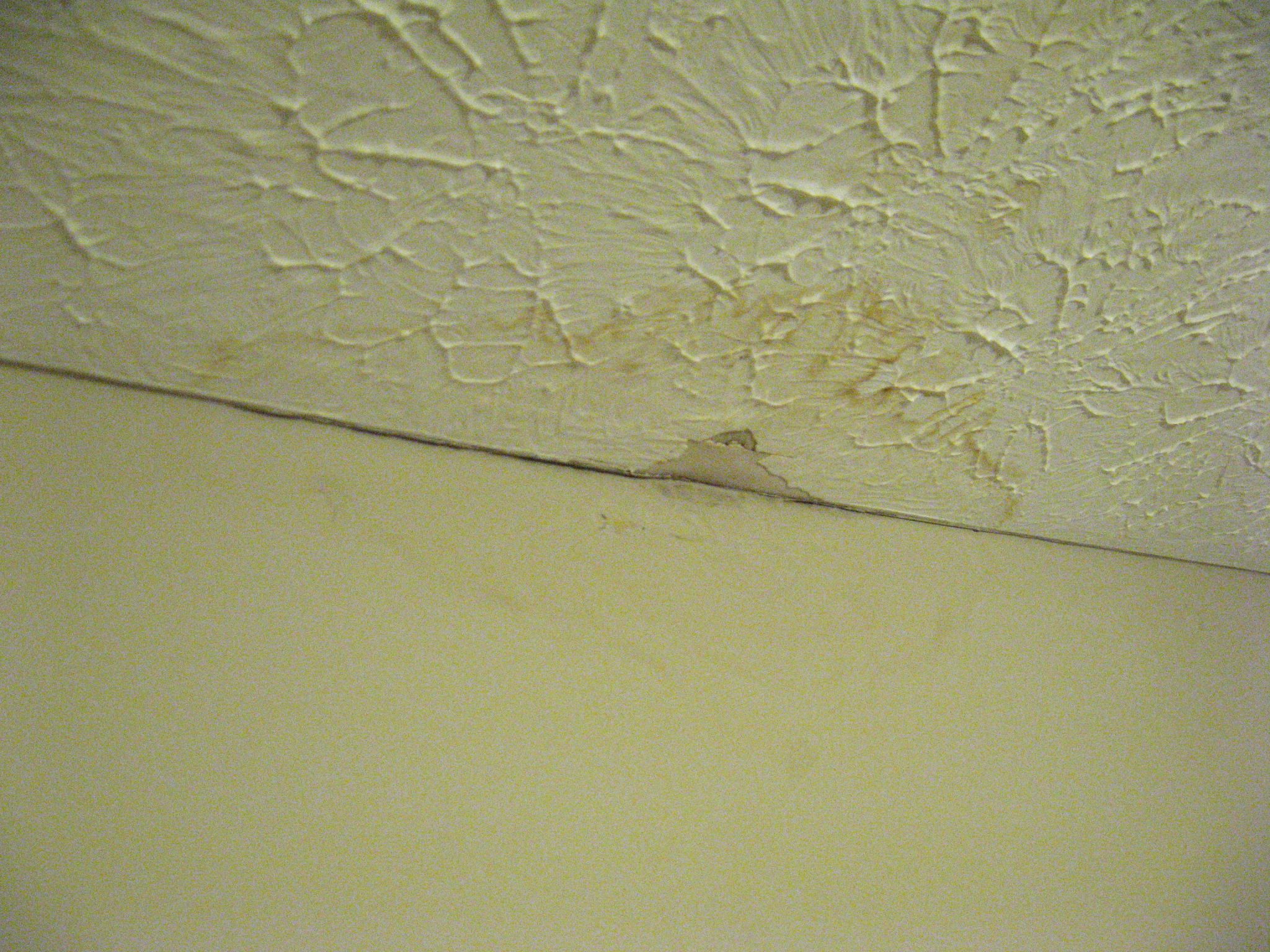Pinpoint Common Causes for Water Leakage in Your Residence
Pinpoint Common Causes for Water Leakage in Your Residence
Blog Article
We have noticed this post on Most Common Causes of Leaky Pipes listed below on the internet and think it made sense to relate it with you over here.

Leaks not only cause waste of water yet can additionally create unnecessary damages to your residence and also advertise unwanted natural development. By looking as well as understanding for daily scenarios that create leaks, you can shield your home from future leakages and unnecessary damage.
Instantaneous temperature adjustments.
Severe temperature level adjustments in our pipelines can create them to expand and also contract suddenly. This expansion and tightening may create cracks in the pipelines, especially if the temperature level are below freezing. It would be best if you kept an eye on exactly how your plumbing functions. The visibility of the previously discussed circumstances frequently shows a high risk.
Corroded water supply
This may be the reason of staining or bending on your water pipes. If our plumbing system is old, think about replacing the pipes given that they are at a greater threat of deterioration than the newer versions.
Defective Pipe Joints
Pipeline joints can wear away over time, resulting in water leakages. If you have loud pipelines that make ticking or banging noises, particularly when the warm water is turned on, your pipeline joints are most likely under a lot of stress.
Intruding roots
The majority of water leakages begin outside your house instead of inside it. If you see an unexpected decline in water stress, say in your faucet, take time to head out and also examine your lawn. You might see damp spots or sinkholes in your yard, and that may mean that tree origins are getting into water lines causing water to seep out. You can have your plumber check for breach, especially if you have trees or shrubs near your residential or commercial property.
Poor Water Connectors
At times, a leakage can be created by loosened hoses and pipes that supply your devices. In case of a water links leakage, you may observe water running directly from the supply line or pools around your appliances.
Obstructed Drains
Blocked drains pipes could be frustrating and inconveniencing, however they can occasionally end up triggering an overflow causing break pipelines. Maintain eliminating any kind of products that may go down your drains pipes that might clog them to avoid such troubles.
All the above are causes of leakages however not all water leaks arise from plumbing leaks; some leakages may originate from roofing system leakages. All leakages need to be fixed right away to stay clear of water damages.
Leaks not just trigger waste of water however can likewise create unnecessary damages to your residence and promote unwanted organic development. By understanding and looking for day-to-day scenarios that create leakages, you can safeguard your residence from future leaks and also unnecessary damages. Today, we will look at six leakage creates that may be causing your pipes to leak.
At times, a leak can be triggered by loose hose pipes as well as pipelines that supply your home appliances. In situation of a water links leakage, you might notice water running directly from the supply line or pools around your appliances.
How To Check For Water Leak In Your Home
How To Check for Leaks
The average household's leaks can account for nearly 10,000 gallons of water wasted every year and ten percent of homes have leaks that waste 90 gallons or more per day. Common types of leaks found in the home are worn toilet flappers, dripping faucets, and other leaking valves. These types of leaks are often easy to fix, requiring only a few tools and hardware that can pay for themselves in water savings. Fixing easily corrected household water leaks can save homeowners about 10 percent on their water bills.
To check for leaks in your home, you first need to determine whether you're wasting water and then identify the source of the leak. Here are some tips for finding leaks:
Take a look at your water usage during a colder month, such as January or February. If a family of four exceeds 12,000 gallons per month, there are serious leaks.
Check your water meter before and after a two-hour period when no water is being used. If the meter changes at all, you probably have a leak.
Identify toilet leaks by placing a drop of food coloring in the toilet tank. If any color shows up in the bowl after 10 minutes, you have a leak. (Be sure to flush immediately after the experiment to avoid staining the tank.)
Examine faucet gaskets and pipe fittings for any water on the outside of the pipe to check for surface leaks.
Undetected water leaks can happen without the home or business owner even realizing. If you suspect a water leak, but not able to find the source. It is time to contact a professional water leak detection service, The Leak Doctor.
How To Find a Water Leak In Your Home
https://www.leakdoctor.com/blog/How-To-Check-For-Water-Leak-In-Your-Home_AE197.html

We are very serious about How to detect water leaks in your home and I am hoping you enjoyed reading the new page. Sharing is caring. Helping people is fun. Many thanks for your time. Please come by our site back soon.
Certified experts available. Report this page